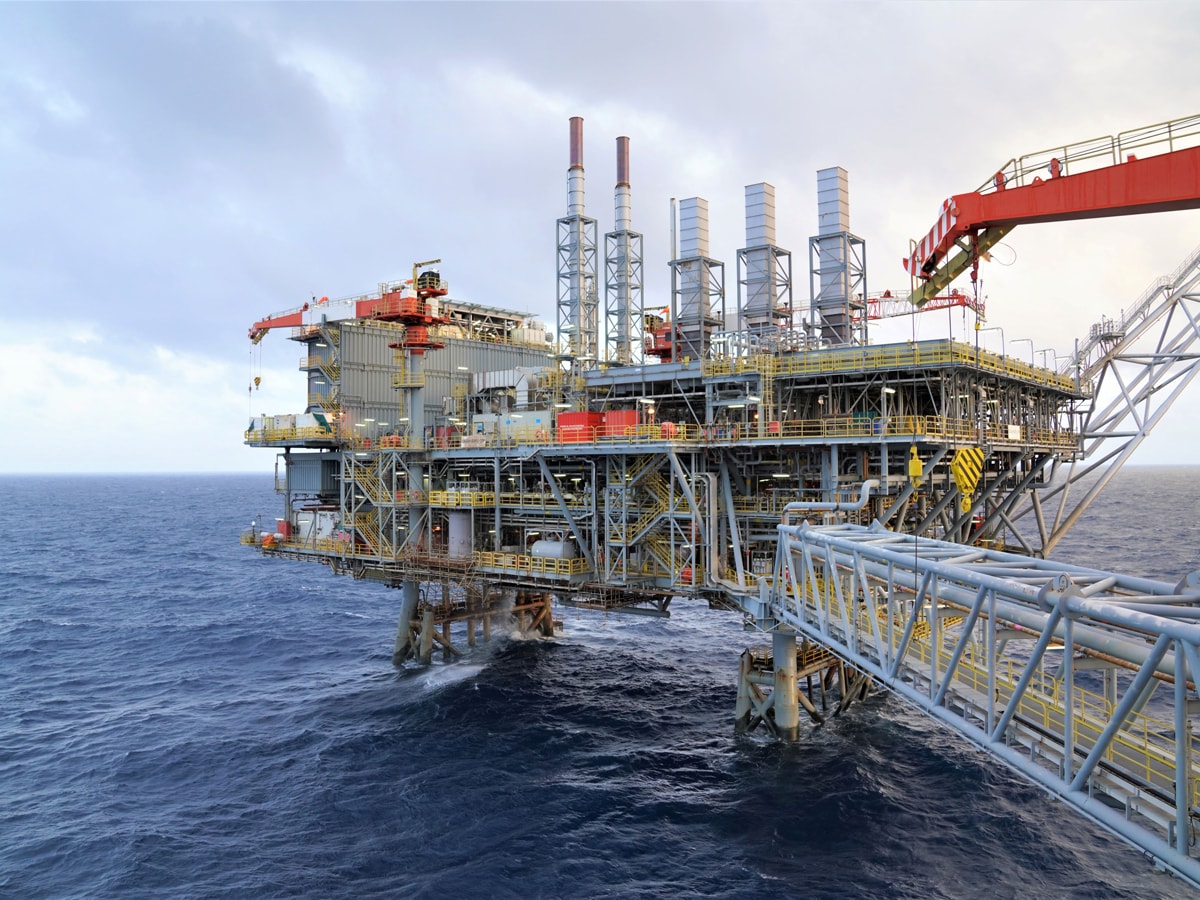
UK oil and gas producer Harbour Energy [HBR] has increased its share buyback to $300m as higher prices for fossil fuels drove half-year profits to $1.49bn, up from $120m a year ago.
The strong results sent the Harbour Energy share price 13% higher in early trading, with the stock peaking at 486.60p at 8:45am. By 9:30am, the shares were still up roughly 10% for the day.
Harbour Energy shares shrug off windfall tax concerns
The independent oil and gas sector in the UK has always been a challenging environment, as companies like Harbour Energy are well aware. In April the Harbour Energy share price fell more than 25% after the UK government proposed a windfall tax on British oil and gas companies to recoup some of the bumper profits being reported by oil majors BP and Shell. On 26 May, then-chancellor Rishi Sunak formally announced the introduction of the levy.
Although one-off levies appeal to politicians eager to appear proactive in the eyes of voters, they fail to properly address the root problem of spiralling energy prices. They can even make it harder to deal with the issue if they discourage investment.
For BP and Shell, bumping up the windfall tax on their UK profits from 40% to 65% is almost an irrelevance, given that most of their revenue comes from outside the UK. Consequently, the windfall tax is likely to raise far less than politicians expected.
However, for smaller players such as Harbour Energy the windfall tax was a more serious proposition. Unlike BP and Shell, almost all of Harbour Energy's profits would be taxed at the higher rate of 65%, since 90% of its production takes place at five key hubs in the UK. That said, in the last 10 years the company has barely turned a profit because of low oil and gas prices.
Despite investor concerns over the tax, today's results have lifted Harbour Energy's stock back to a level just 10% below the 52-week high of 538.60p that it reached on 19 April.
Higher revenue helps cut debt, fund investment
London-headquartered Harbour Energy, which was formed in 2021 when Premier Oil merged with Chrysaor, was carrying legacy debt of £2.15bn at the end of last year. This morning's half-year results show that the company has cut this figure to $992m, on an unaudited basis, and that it expects to be net debt free in 2023.
Revenue for the first six months of 2022 came in at $2.67bn, up from $1.5bn in the year-ago period. Crude oil accounted for $1.54bn of overall half-year revenue, with gas contributing $970m. Of the latter, $857m came from UK gas assets. The results put the company on track to achieve its target of generating full-year revenue of $5.18bn, up from $3.48bn in 2021. Meanwhile, profits after tax rose to $984m, up from $87m in the first half of 2021, mainly thanks to higher oil and gas prices but also helped in part by a weaker pound. Forecast free cash flow is expected to increase to between $1.8bn and $2bn this year.
The company says it expects to spend $1.2bn in capex over the year, slightly down from the $1.3bn previously indicated due to the delayed arrival of two drilling rigs in the UK. Despite fears that the windfall tax may deter Harbour Energy from investing in the UK, the company has committed to new North Sea projects including Tolmount, Everest and J-Area. These developments boosted production to 211 kboepd in the first half of the year, up from 151 kboepd in the year-ago period.
With the windfall tax, or energy profits levy (EPL) as it's also known, coming in to effect on 26 May, the company said that its full-year tax liability with respect to the EPL would be in the order of $300m, with $170m of that expected to be paid in December 2022 and the balance in January 2023. This figure is based on a Brent crude oil price of $100 a barrel and a UK natural gas price of 200p/therm.
The portion of the tax liability covering the period from 26 May to 30 June was not included in the half-year balance sheet, but if it had been shown the amount would have come to $48m, according to the company's statement.
Disclaimer: CMC Markets is an execution-only service provider. The material (whether or not it states any opinions) is for general information purposes only, and does not take into account your personal circumstances or objectives. Nothing in this material is (or should be considered to be) financial, investment or other advice on which reliance should be placed. No opinion given in the material constitutes a recommendation by CMC Markets or the author that any particular investment, security, transaction or investment strategy is suitable for any specific person. The material has not been prepared in accordance with legal requirements designed to promote the independence of investment research. Although we are not specifically prevented from dealing before providing this material, we do not seek to take advantage of the material prior to its dissemination.























